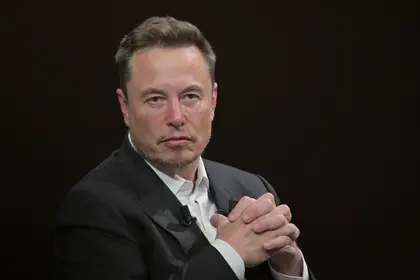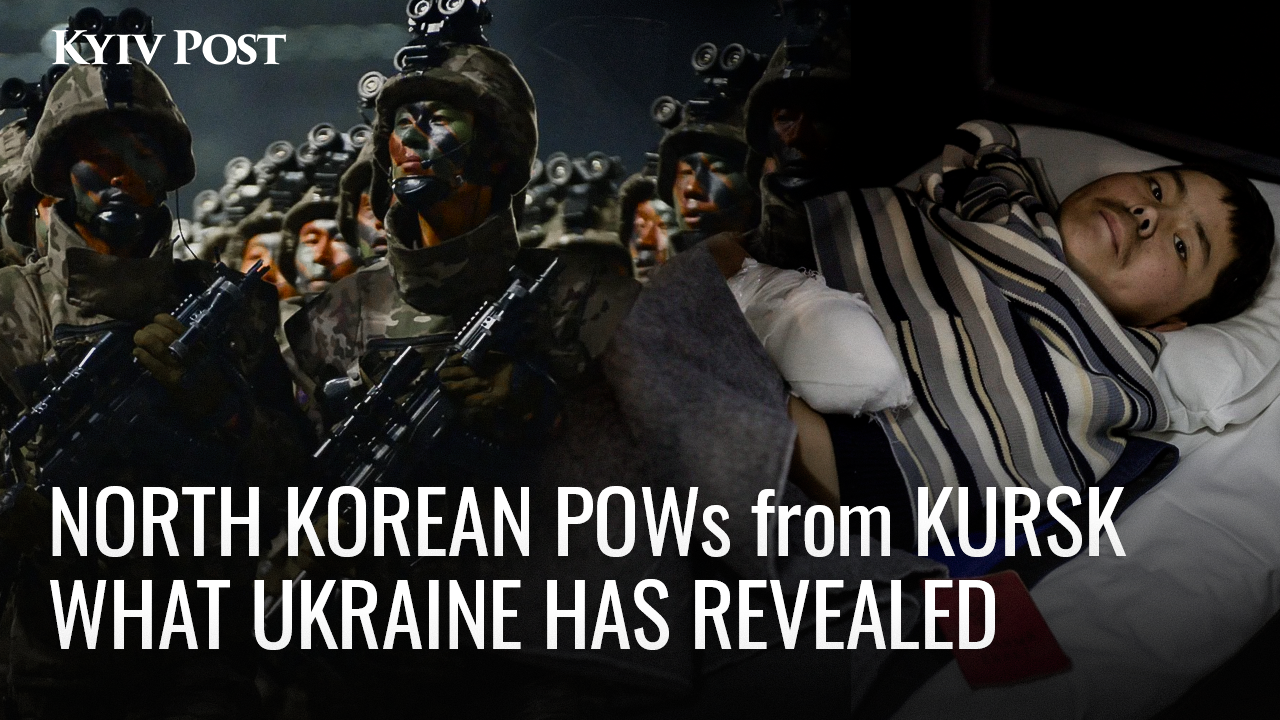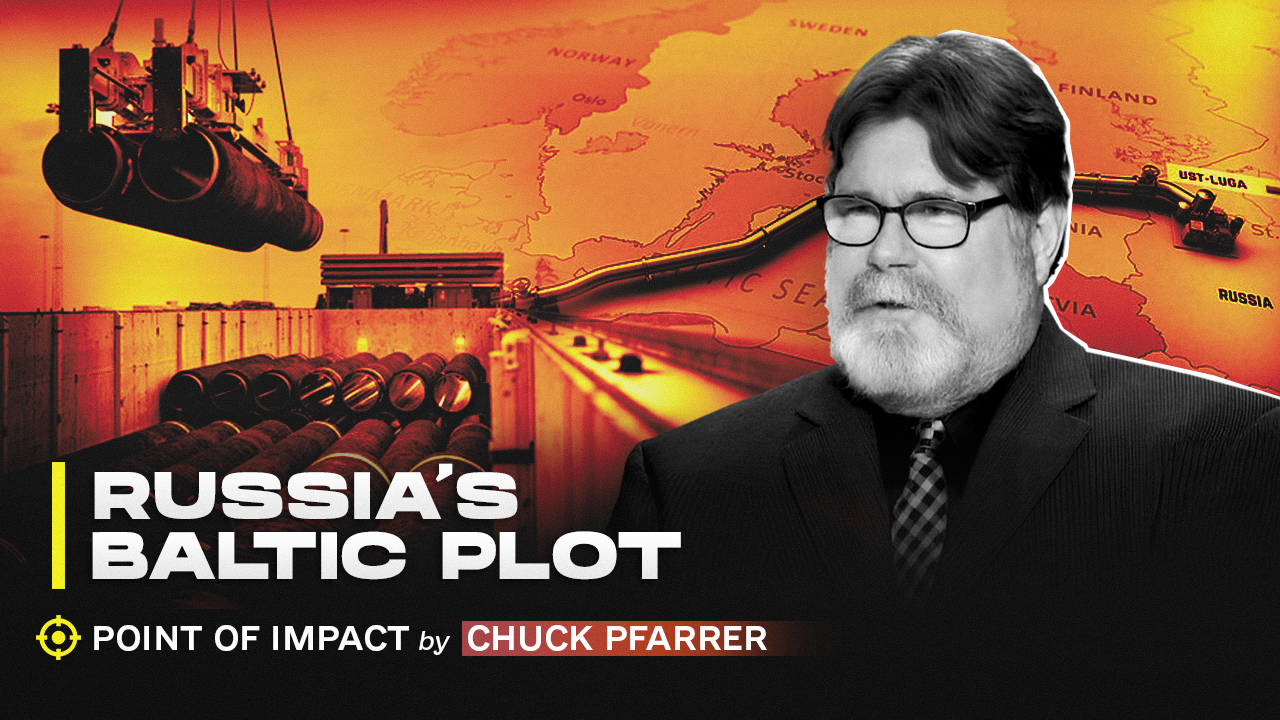Elon Musk has said he prevented Ukraine from wiping out Russia's Black Sea navy fleet last year by denying Starlink internet access, prompting a furious response from Kyiv with one official accusing him of “committing evil.”
How did Musk manage that?
JOIN US ON TELEGRAM
Follow our coverage of the war on the @Kyivpost_official.
The satellite-based communications system Starlink, operated by Musk-owned company SpaceX, has been deployed in Ukraine since shortly after the country was invaded by Russia in February 2022.
The network, which helps increasingly high-tech soldiers to operate in areas where other means of communication are down, is a key battlefield tool for Kyiv.
The incident in question revolves around a dramatic plan by Ukraine to cripple Russia's Black Sea naval fleet based in Sevastopol, a strategic harbor in Crimea, which Moscow occupied and claimed to annex in 2014.
“There was an emergency request from government authorities to activate Starlink all the way to Sevastopol. The obvious intent being to sink most of the Russian fleet at anchor,” Musk posted on Thursday on his social media platform X, formerly named Twitter.
“If I had agreed to their request, then SpaceX would be explicitly complicit in a major act of war and conflict escalation,” he added.
How has Kyiv responded?
Angrily. Russia regularly uses its Black Sea Fleet to launch cruise missiles at Ukrainian cities and a successful Ukrainian attack against it last year would likely have saved hundreds of lives and stopped the Kremlin’s attempted destruction of Ukraine’s civilian infrastructure.

ISW Russian Offensive Campaign Assessment, January 21, 2025
Mykhailo Podolyak, a senior aide to Ukrainian President Volodymyr Zelensky, said: “As a result, civilians, children are being killed. This is the price of a cocktail of ignorance and big ego.
“Why do some people so desperately want to defend war criminals and their desire to commit murder? And do they now realise that they are committing evil and encouraging evil?”
How do we know about the incident?
Musk's account of preventing the attack on Russia's fleet came in response to a post based on information from an upcoming biography by Walter Isaacson, which says the tech tycoon had deactivated Starlink in the Crimea area to do so.
In an excerpt published by The Washington Post on Thursday, Isaacson wrote that in September 2022, “the Ukrainian military was attempting a sneak attack on the Russian naval fleet based at Sevastopol in Crimea by sending six small drone submarines packed with explosives, and it was using Starlink to guide them to the target.”
Musk had “spoken to the Russian ambassador to the United States... (who) had explicitly told him that a Ukrainian attack on Crimea would lead to a nuclear response,” Isaacson wrote.
Musk “secretly told his engineers to turn off coverage within 100 kilometers of the Crimean coast. As a result, when the Ukrainian drone subs got near the Russian fleet in Sevastopol, they lost connectivity and washed ashore harmlessly.”
Musk pushed back against Isaacson's account, saying in a post on X: “The Starlink regions in question were not activated. SpaceX did not deactivate anything.”
How has Russia responded?
They seem to be very happy with Musk.
Dmitry Medvedev, Russia's ex-president and current senior security advisor to President Putin, praised Musk for the book's account of his actions.
He “was concerned about a retaliatory nuclear strike,” Medvedev posted on X, adding: "If what Isaacson has written in his book is true, then it looks like Musk is the last adequate mind in North America.”
Has Musk apologised?
No, but he has doubled-down on saying things that will anger Ukrainians. Musk also called for a truce in the conflict, in which Ukrainian forces regained significant ground from Russia last year but have only made slow progress in a counteroffensive launched in June.
“Both sides should agree to a truce. Every day that passes, more Ukrainian and Russian youth die to gain and lose small pieces of land, with borders barely changing. This is not worth their lives,” Musk posted.
Ukraine's leadership has repeatedly said it is committed to driving out Russian troops and retaking all its occupied territory.
Will there be any repercussions?
For a start, the admission by Musk – who has previously angered Ukraine with proposals including validating Russia's claim to sovereignty over the occupied Crimea region – raises questions about whether Starlink can be fully counted on by Kyiv.
Then there’s the fact that on Friday, Ukrainian deputy prime minister Mykhailo Fedorov told the Financial Times that Musk shared with Isaacson confidential exchanges about military access to Starlink without permission from Fedorov, describing the situation as “not very pretty.”
He added: “I’ve never shown or talked about our correspondence publicly.”
You can also highlight the text and press Ctrl + Enter













